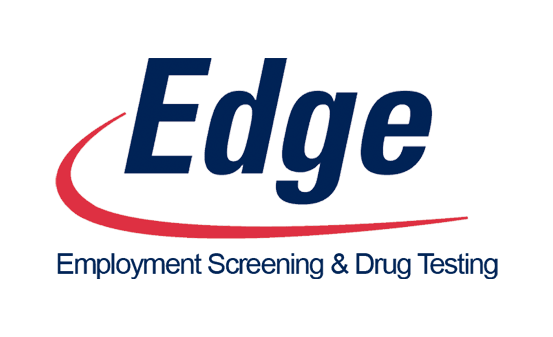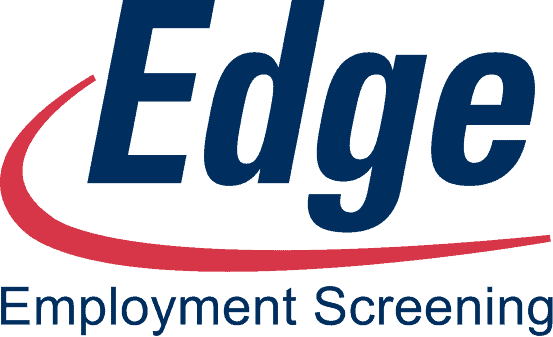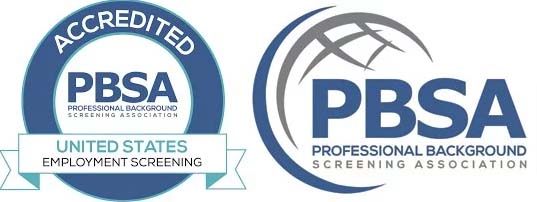In the modern world, the hiring process has become increasingly complex and thorough. Employers now, more than ever, need to ensure that they are making informed decisions when selecting the right candidates for their organizations. This is where background screening comes into play.
Background screening is a crucial step in the hiring process that helps employers verify the information provided by job applicants and assess their suitability for the role. It involves checking various aspects such as criminal history, credit history, educational qualifications, and past employment records.
However, as important as background screening is in ensuring workplace safety and integrity, it also raises significant ethical questions. The main concern revolves around the delicate balance between an individual’s right to privacy and an organization’s need for security. This article will explore the ethics of background screening and how to strike a balance between privacy and security.
The Role of Background Screening in Employment
Background screening consists of employment and pre-employment checks. An employment background check, conducted after a job offer but before starting, verifies a candidate’s identity, criminal history, and claimed work experience and skills.
A pre employment background check is done before a job offer and can include credit history, drug testing, skills tests, and reference checks to verify application information and assess fit for the company culture and role.
These checks are critical in sectors like healthcare, transportation, and retail, where safety and trust help protect companies from liabilities and ensure a safe work environment.
The Ethical Dilemma: Privacy vs Security
Background screening, though essential for organizational security, poses an ethical challenge. It’s a balance between an organization’s need for safety and an individual’s right to privacy. The information from these checks should be used only for its intended purpose without infringing on privacy rights.
Consider two examples:
- A company discovers that a potential employee has a criminal record and decides not to hire them, prioritizing security over privacy. But if the crime was unrelated to the job and occurred long ago, this could be considered non-compliant as well as perhaps an invasion of privacy.
- A school finds that a teacher applicant was previously charged with child abuse. Here, prioritizing security over privacy seems ethically justified due to the nature of the job and the potential risk to students.
These examples show the complexity of balancing privacy and security in background screening, highlighting the need for clear guidelines and ethical practices in conducting and using information from background checks as well as individual assessments, before making a hiring decision.
Legal Aspects of Background Screening
Background screening is regulated by laws to ensure fairness, accuracy, and privacy. Here are some key laws:
- Fair Credit Reporting Act (FCRA): Enacted in 1970, the FCRA requires employers to inform and get consent from applicants before conducting background checks. If an adverse action is taken, the subjects must be allowed to review the results and correct inaccuracies.
- State Laws: Besides the FCRA, there are state and local consumer reporting laws. These can include restrictions on the types of information considered, how far back employers can look, meeting with or engaging the applicant or consumer to hear their side of the story, reverification, and more.
Non-compliance with these laws can lead to damage to the employer’s reputation and legal action from job applicants and organizations like the Equal Employment Opportunity Commission. Therefore, employers must understand these laws and ensure their background screening processes are compliant.
Best Practices for Ethical Background Screening:
To ethically conduct background checks, employers should adhere to some sample guidelines:
- Transparency: Inform applicants about the background check, its scope, and how the information will be used.
- Consent: Obtain written consent from the individual before conducting a background check.
- Use of Information: Use the information from a background check solely for its intended purpose.
- Accuracy: Ensure the information from a background check is accurate and allows individuals to clarify or dispute the report.
- Confidentiality: Keep the information confidential and limit access to those involved in hiring decisions.
The above are examples of practices to respect individual privacy while ensuring organizational security. It is recommended that you review your policies and procedures with your legal counsel on an annual basis, if possible as well.
The Role of Technology in Ensuring Ethical Background Screening
In the ever-evolving landscape of background screening, technology plays a pivotal role in maintaining the delicate balance between privacy and security. Here, we explore how technology can uphold ethical standards in background screening, focusing on solutions provided by a third-party provider like Edge Information Management.
- Enhanced Data Security: Technology is crucial for protecting personal data gathered during background checks. Edge uses advanced data security protocols to prevent unauthorized access, breaches, or misuse.
- Compliance Monitoring: Software can ensure that background checks comply with all legal regulations. Edge’s platform automatically updates processes to align with changing laws.
- Identity Verification: Understanding who is both being screened and who a potential public record belongs to is pivotal. Edge uses such technology to confirm the identity of individuals being screened.
- Secure Written or Digital Consent: Online consent forms maintain a digital record of the candidate’s agreement. Edge offers a secure online consent platform for this purpose.
- Adverse Action Management: Software can help manage the adverse action process, allowing candidates to dispute potential records or adverse decisions. Edge’s platform includes tools that standardize this process.
- Data Retention and Erasure: Automated data retention policies ensure information is stored only as long as legally required. Edge’s platform includes features for automated data retention and erasure.
Conclusion
Ethical background screening is crucial in today’s employment landscape, playing a vital role in ensuring the safety and integrity of the workplace while respecting the privacy rights of individuals. Employers must navigate this balance ethically and responsibly and adhere to legal guidelines when conducting employment background checks and pre-employment background checks, as non-compliance can lead to negative consequences.
We’ve explored the importance of transparency, privacy protection, and compliance with applicable laws. These principles guide us in conducting ethical background checks that are fair, unbiased, and respectful of individual privacy.
Your Ethical Background Screening Partner
At Edge Information Management, Inc., we endeavor to uphold the highest ethical standards in background screening. Our technology-driven solutions are designed to assist in maintaining this delicate equilibrium between privacy and security. We prioritize data security, compliance, and fairness in the screening process.
Take the Next Step
If you’re looking for ethical and compliant background screening solutions, we’re here to help. Contact Edge Information Management, Inc. to discuss how our services can assist you in maintaining the ethical integrity of your hiring processes. Let us partner with you to assist in keeping your background screening practices compliant, but also uphold the principles of privacy and security that applicants and consumers have come to expect.









